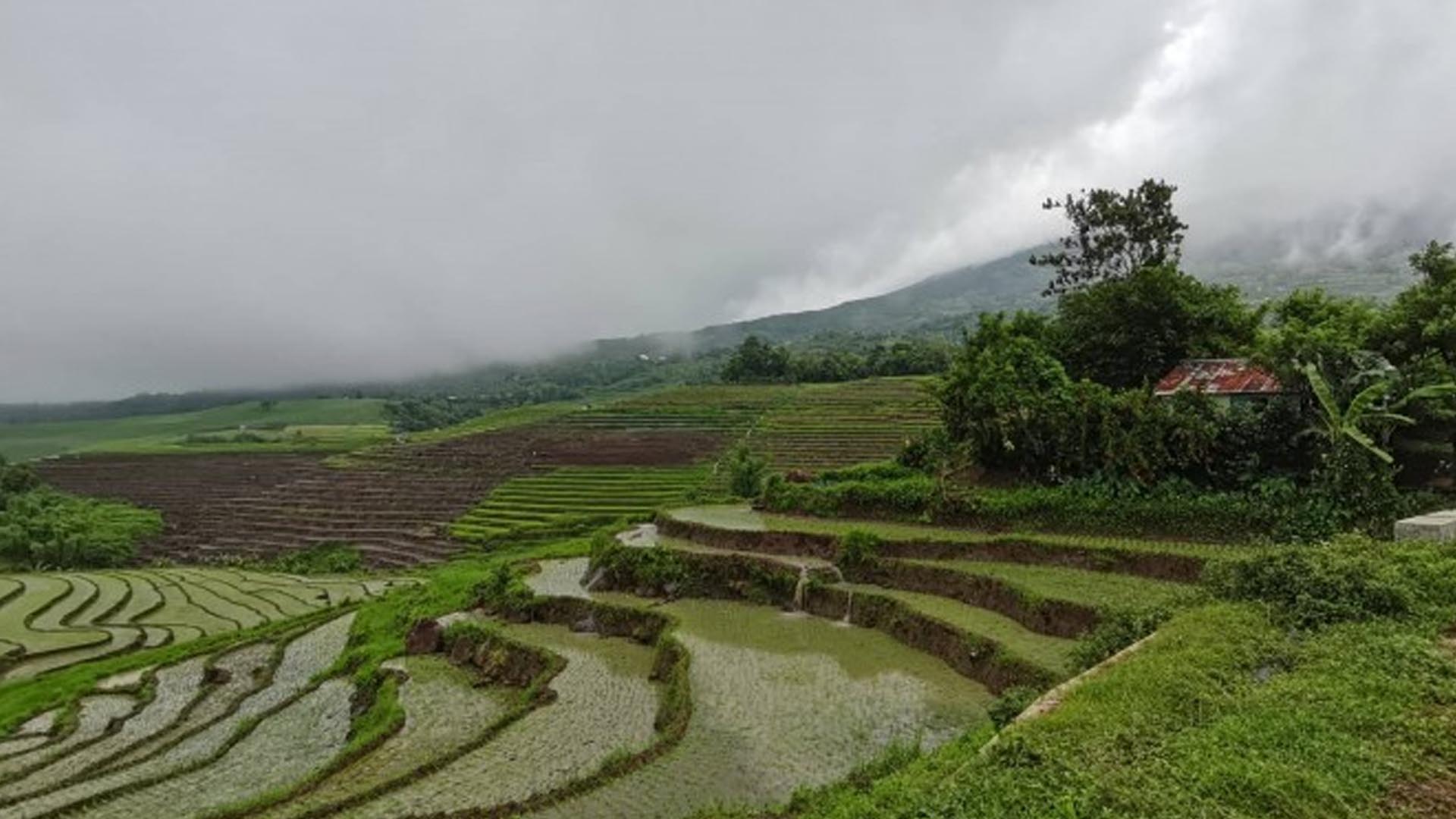Many young boys and girls– some of them still pursuing high school or tech-voc (technical-vocational) courses – have been religiously attending training courses under the Rice Competitiveness Enhancement Fund (RCEF) in private farm schools accredited by the Technical Education and Skills Development Authority (TESDA).
For a long while, farming was said to have reached its deadend– with children of old farmers preferring to go to the urban centers to pursue work in construction and other blue collar jobs, rather than toil the soil and risk exposure to harmful chemical fertilizers and pesticides that their elders did.
They viewed farming as an unattractive calling as farmers were regarded as unlettered and unclean. The graduates were urged to apply the new skills and scale them to their neighbors and relatives so that such technologies and skills won’t go to waste.
But in recent years, there have been increasing numbers of youngsters interested in farming that is based on science and technology. Their eyes had been opened wide to TESDA vocational scholarships for farmers (that included personal allowances which they could otherwise not have earned) and the expanded training programs of the Department of Agriculture, funded by the RCEF program.
There is, after all, hope in palay farming, which is the backbone of the Philippine economy, to flourish in our country.
In one such school, the Myriad Farms Agribusiness Skills Training and Assessment Center in Guimba, Nueva Ecija, over 50 farmers “graduated” last Sept. 7 from their 14 weekend sessions with clearly half of them young boys and girls who took interest in palay farming from their parents, relatives and neighbors.
The TESDA training program’s theme is “Strengthening Filipino farmers through modern farming technologies.”
Myriad is an 11-hectare farm school and technology training facility that has a pending application as a farm-tourism site with the Department of Tourism.
Nueva Ecija has one of the biggest scholarship allocations from TESDA for 120 farm schools; Ilocos Norte with 25; La Union, 31 and Mt. Province with 13, said Dr. Alvin Ytorralde, TESDA provincial director.
They trained on production of high quality inbred rice, seed certification and farm mechanization with 50 graduates; and pest and nutrient management with 25 graduates. A third module is digital agriculture, which is slated for October.
Agriculture is the topmost priority of the Marcos administration especially with farm schools training, Ytorralbe said.
The first farmers training school in Nueva Ecija was set up in 1993 by the Department of Agriculture, recalled Acting Provincial Agriculturist Dr. Joebeat Agliam.
TESDA bestowed them with QR-coded graduation certificates that could be their gateway to work in farms abroad or become themselves tools for transferring technological skills as well as hold training for those that have not undergone such but have interest to adapt technologies and better farming practices.
Deputy Executive Director Karen Barroga of the Philippine Rice Research Institute (PhilRice) said Nueva Ecija is the province with the most certification for good agricultural practices (GAP), which is needed to compete in the global market.
She urged farmer-graduates to apply their learnings on their farms and teach their neighbors and relatives the new skills.
She said the strategy behind the Masagana Rice Industry Development Program lies in clustering the farmers so that all government interventions (of inputs, nutrients, credit, extension and marketing support) will be channeled to the group’s leadership and for banks and private sector partners to deal with just one group instead of individual farmers. (PNA)







